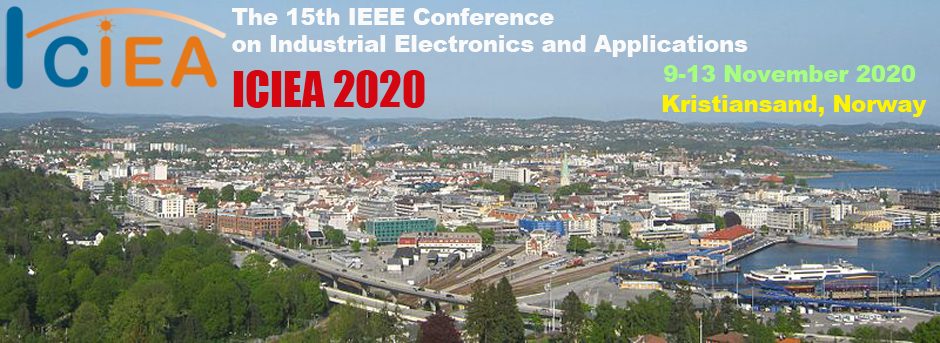Organizers: Prof. Khang Huynh and Dr. Surya Kandukuri
Faulty components in industrial systems may result in eventual system failures, unscheduled downtimes and substantial loss of productivity. Incipient fault detection and failure prediction allow replacement of faulty components in time, thereby improving reliability and availability while reducing maintenance costs. Unlike industrial production, inverter-fed electrical machines for electric powertrains (e.g. traction, electric vehicles or pitch/yaw system of wind-turbines) operate dynamically, changing speed and torque according to driver’s demands. Moreover, electrical machines in drivetrains are intensively exposed to mechanical-, chemical-, dust- and thermal stress in harsh environment and thermal cycling due to the dynamic operation. Consequently, diagnosis and prognosis of the faults in electrical machines in such powertrains are more important and challenging than those in industrial production.
This special session therefore aims to find advanced diagnosis techniques and approaches, in order to improve the state-of-the-art for detecting incipient faults in power electronics and electrical machines. Prospective authors are invited to submit original contributions with topics including, but not limited to:
– Fault locations: stator windings, broken bars, gearboxes, bearings, frequency converters, sensors, batteries, power supplies.
– Detection tools: vibration, current, flux, speed, temperature, and other technical variables.
– Signal processing: wavelet, fuzzy logic, genetic algorithms, differential evolution, observers, active and adaptive filtering and other artificial intelligence techniques.
– Modelling and identification: Finite element analysis, model-based fault detection, parameter identification, system identification, etc.
– Prognostics and health management, remaining useful life (RUL) prediction.
Please submit your full paper on the submission website by deadline.
Prof. Khang Huynh, University of Agder, Norway, huynh.khang@uia.no
Dr. Surya Kandukuri, University of Agder and Machine Prognostics, Norway, surya.kandukuri@uia.no





